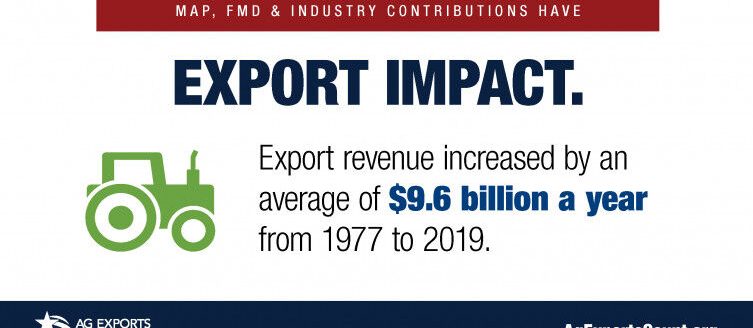U.S. Wheat Associates announced it is closing its office in Moscow, Russia, effective Oct. 1. The closure represents part of an ongoing restructuring of overseas offices designed to refocus resources toward markets with the best potential to grow U.S. wheat exports and returns for the farmers USW represents.
Based in part on the significant increase in low-priced Russian wheat exports, USW closed an office in Cairo, Egypt, in Dec. 2017, that eliminated four staff positions. The Moscow office closing will eliminate the position of office director and marketing specialist held by Valentina Shustova since 1995.
“After working continuously with the former Soviet Union since the mid-1970s, we opened an office in Moscow in 1992 to work more closely with the newly independent Russian government and its budding private-sector industry that imported almost three million metric tons of U.S. wheat that marketing year,” said USW President Vince Peterson. “Russian imports of U.S. wheat averaged close to 400,000 metric tons for the next ten years, most notably capped by a U.S. wheat donation program that helped shore up Russian domestic crop and economic hardships in 1998 and 1999. Since then, however, the country’s agriculture has changed to be more market-oriented. As their domestic wheat production increased, our mission also shifted to monitoring this production as well as Russian wheat quality, prices and policy.”
Peterson said Shustova continued to report on domestic wheat quality and prices even as Russia gradually became a wheat exporting nation. This provided competitive perspective for U.S. wheat farmers and traders.
“With much more public information available about Russia’s wheat supply, we believe it is time to end our mission there and continue allocating more resources in markets where our export volume is growing,” said USW Vice President of Overseas Operations Mark Fowler. “Russian wheat is obviously very competitive in certain markets, but it is important to point out that our marketing and technical teams based in Rotterdam, The Netherlands and Casablanca, Morocco, will continue competing for export business in the Middle East and North Africa.”


